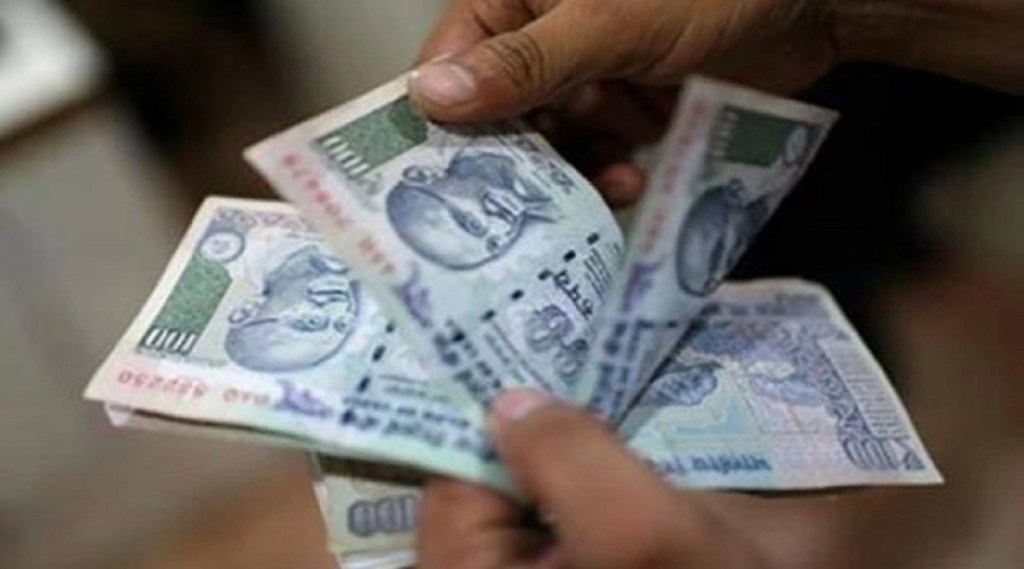G20 finance ministers and central bank governors will discuss a coordinated approach to deal with inflationary pressures, boosting global growth, debt vulnerabilities of developing countries and sustainable financing for urban infrastructure at their meeting on February 24-25 in Bengaluru.
The sessions will also cover issues related to reforms in the multilateral development banks, global health, climate financing and international taxation, among others.
The G20 meeting under the Presidency of India will see a gathering of more than 70 delegations and more than 500 delegates including ministers, central bank governors and senior officers from the top global economies and multilateral agencies.
“At the macroeconomic level, conditions have somewhat eased in recent months but the overall environment continues to be very tough. Given that inflation rates are high, the coordination among major economies is vital,” economic affairs secretary Ajay Seth said.
There are indications that the global growth slowdown would have implications for global trade, Seth said.
International Monetary Fund (IMF)’s January 2023 World Economic Outlook Update projected that global growth would fall to 2.9% in 2023 but rise to 3.1% in 2024. The 2023 forecast is 0.2 percentage points higher than predicted in October 2022 but below the historical average of 3.8%.
India’s economic growth is estimated by the Reserve Bank of India to slow to 6.4% in FY24 from 7% in FY23, but in its latest monthly bulletin the central bank said it is possible for the country to raise the growth to 7% next fiscal if the Union Budget proposals are efficiently implemented.
Rising interest rates and the war in Ukraine continue to weigh on economic activity in most countries including India. Global inflation is expected to fall from 8.8% in 2022 to 6.6% in 2023 and 4.3% in 2024, still above pre-pandemic (2017–19) levels of about 3.5%, IMF said.
With tighter monetary conditions to rein in inflation and lower growth potentially affecting financial and debt stability, it is necessary to deploy macroprudential tools and strengthen debt restructuring frameworks.
“When we are talking about uncertainties, it’s important that nations communicate with one another and there is the transparency of monetary policy that is what is currently happening,” chief economic advisor V Anantha Nageswaran said.
On addressing debt vulnerabilities of developing countries, Seth said different creditors have different viewpoints and finding a common ground to make sure that those kinds of extreme debt situations don’t occur, takes time to materialise.
“We are aware that there are several countries which are facing huge debt problems, especially on the external front. So, finding lasting solutions for them will also figure very prominently in these discussions,” Seth said.
India’s neighbours Sri Lanka, Bangladesh and Pakistan have sought a bailout from the IMF over the past year due to a sharp economic slowdown caused by the Covid-19 pandemic and the Ukraine war.
India would likely propose G20 countries help debtor nations by asking lenders, including China, the world’s largest sovereign creditor, to take a large haircut on loans.
“While thinking about debt concerns faced by countries, it is also important to think about what we can do to forestall them,” Nageswaran said.
India is backing the implementation of the Common Framework intended to deal with insolvency and protracted liquidity problems, along with the implementation of an IMF-supported reform programme in debt-stressed countries. G20 official creditors—both traditional “Paris Club” creditors, such as France and the United States, and new creditors, such as China and India, which overtook the Paris Club as lenders in the last decade—agreed to coordinate to provide debt relief consistent with the debtor’s capacity to pay and maintain essential spending needs. The Common Framework requires private creditors to participate on comparable terms to overcome collective action challenges and ensure fair burden sharing.

